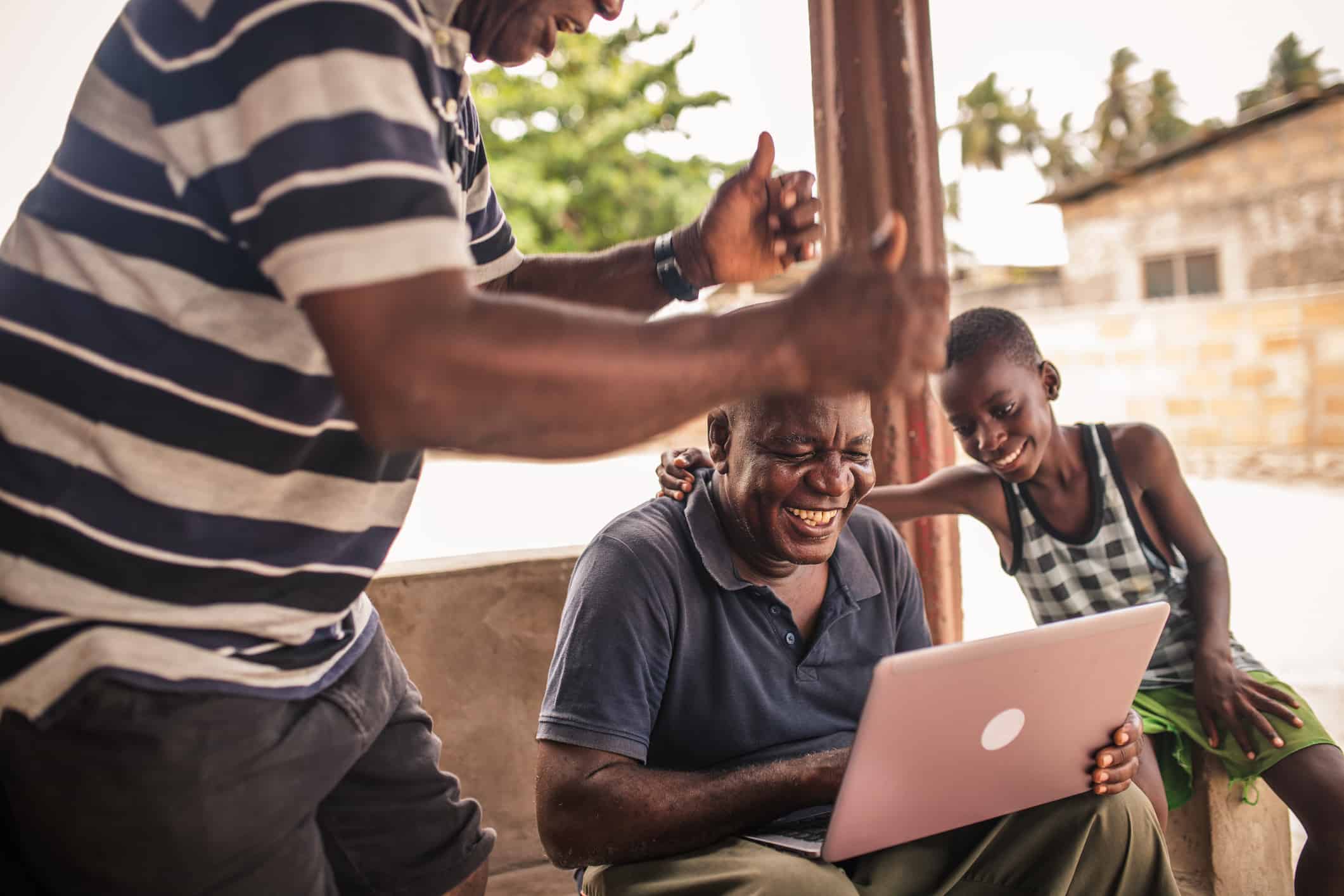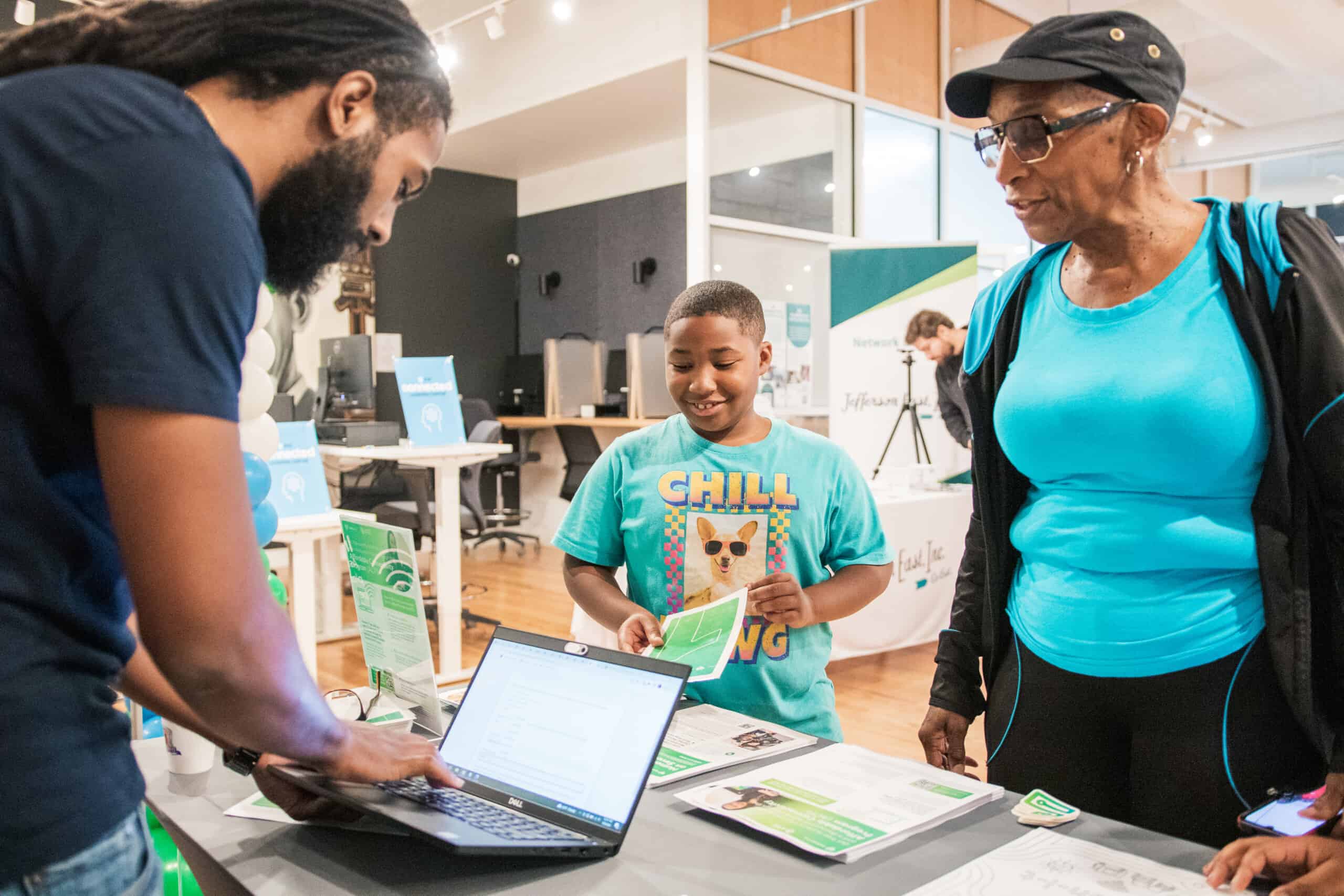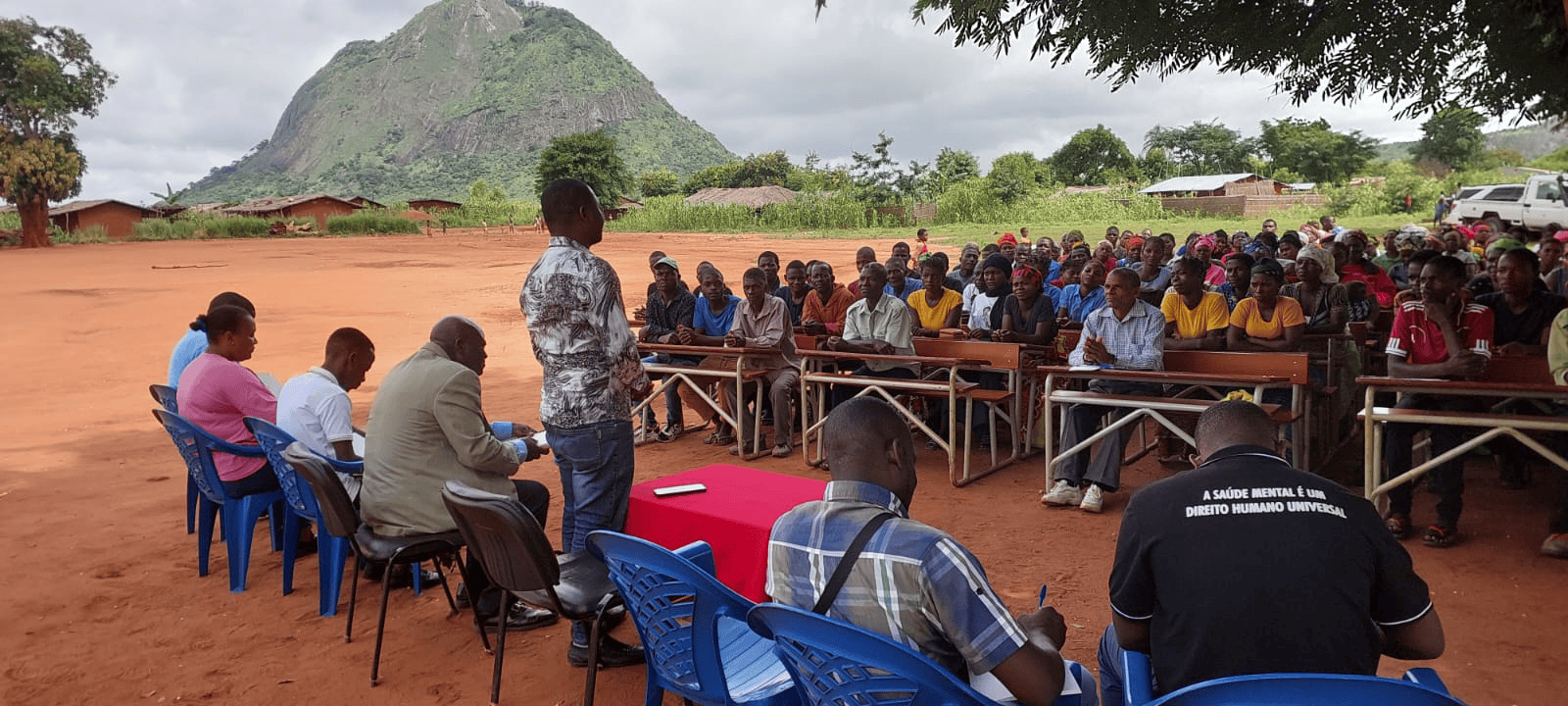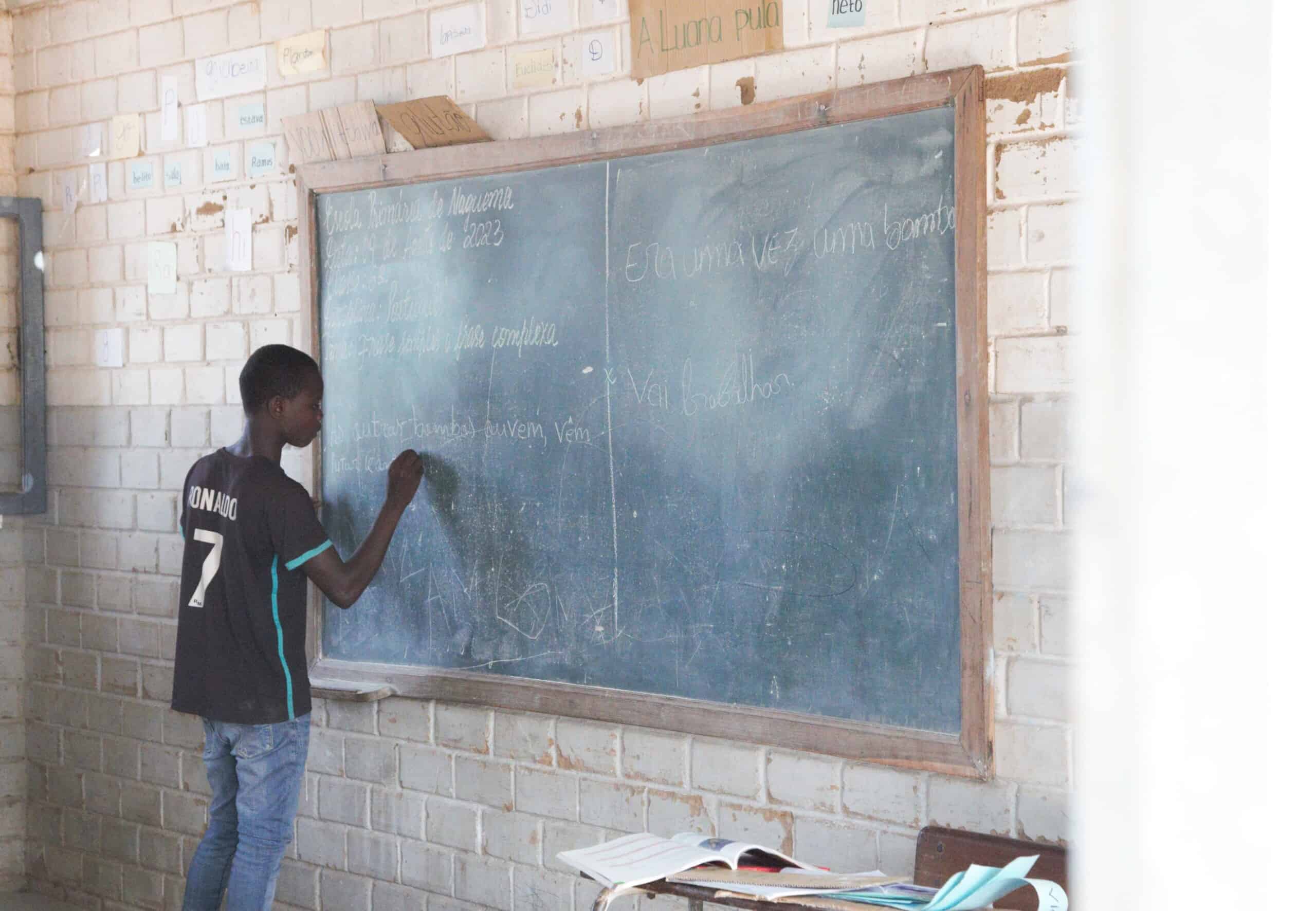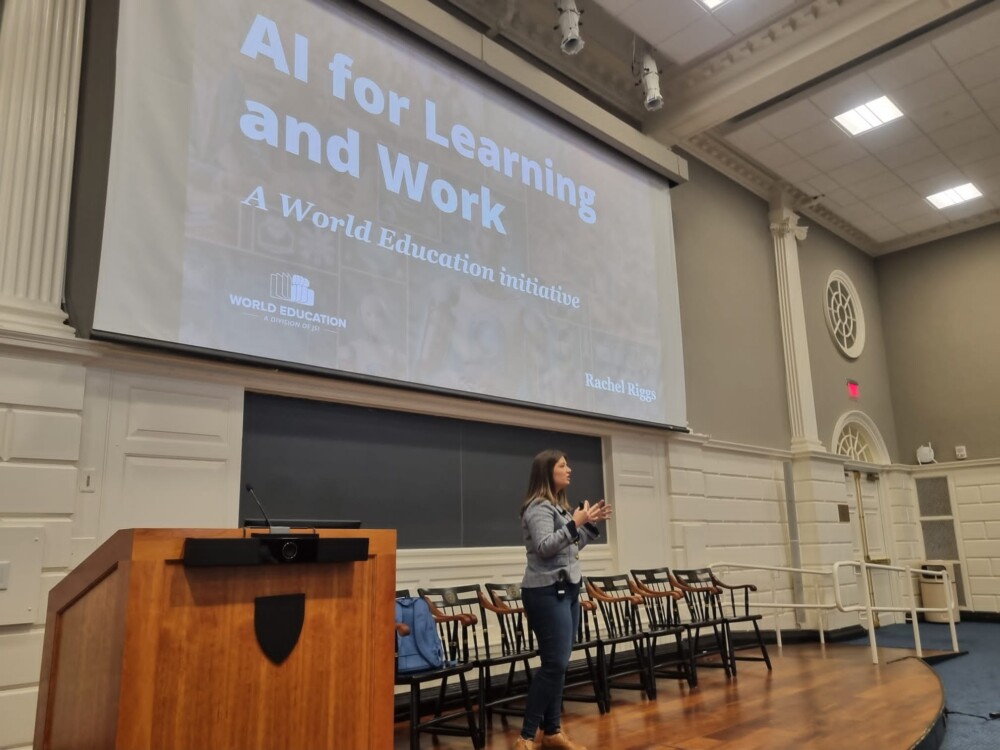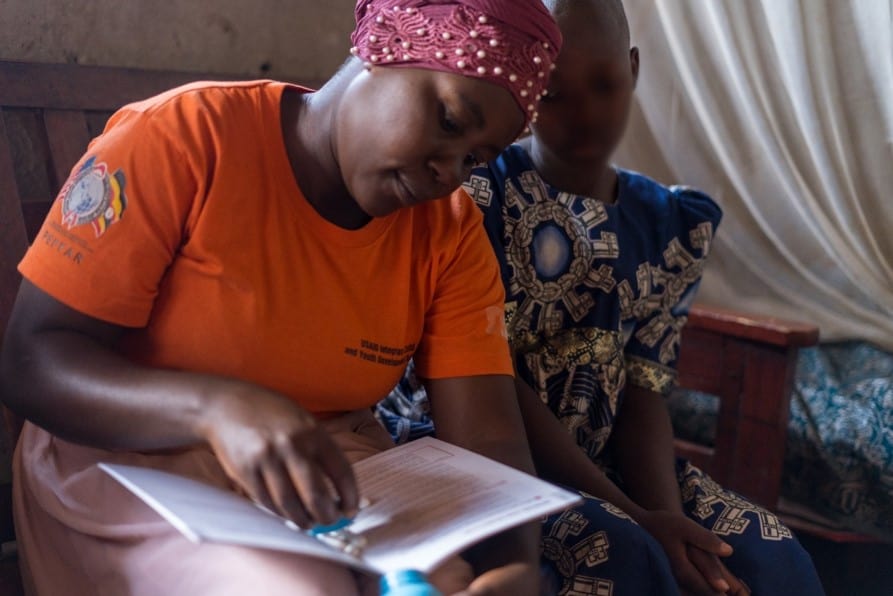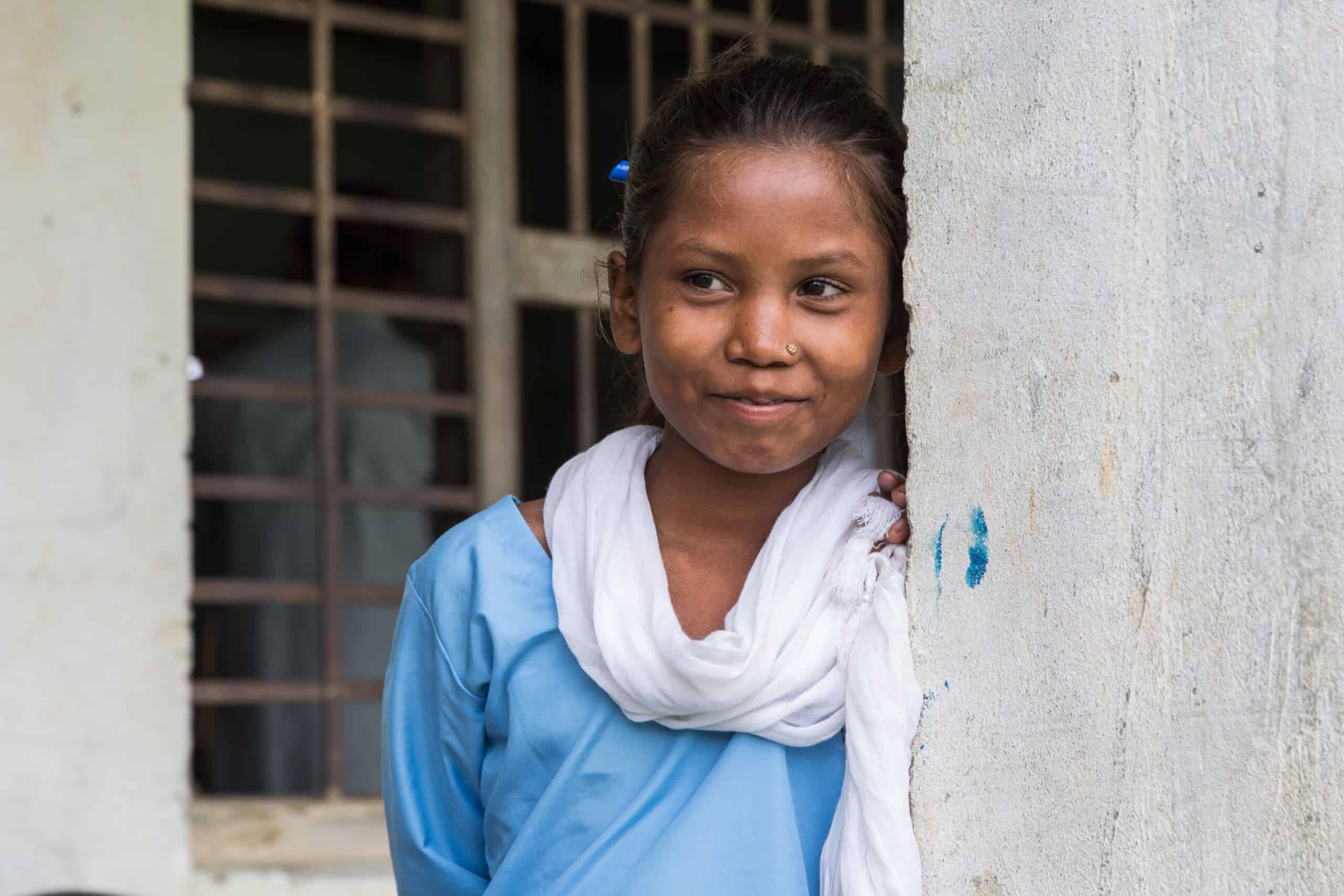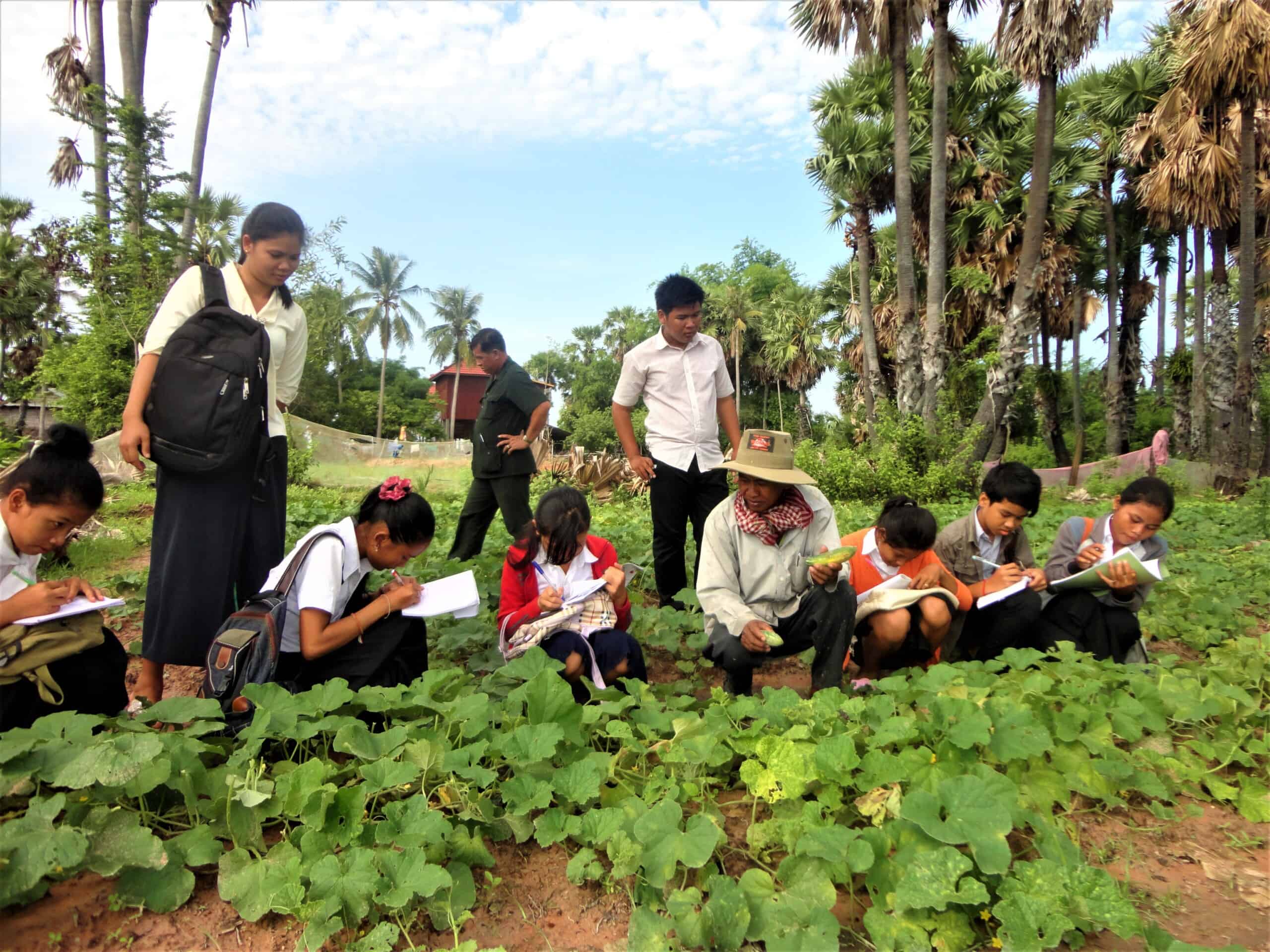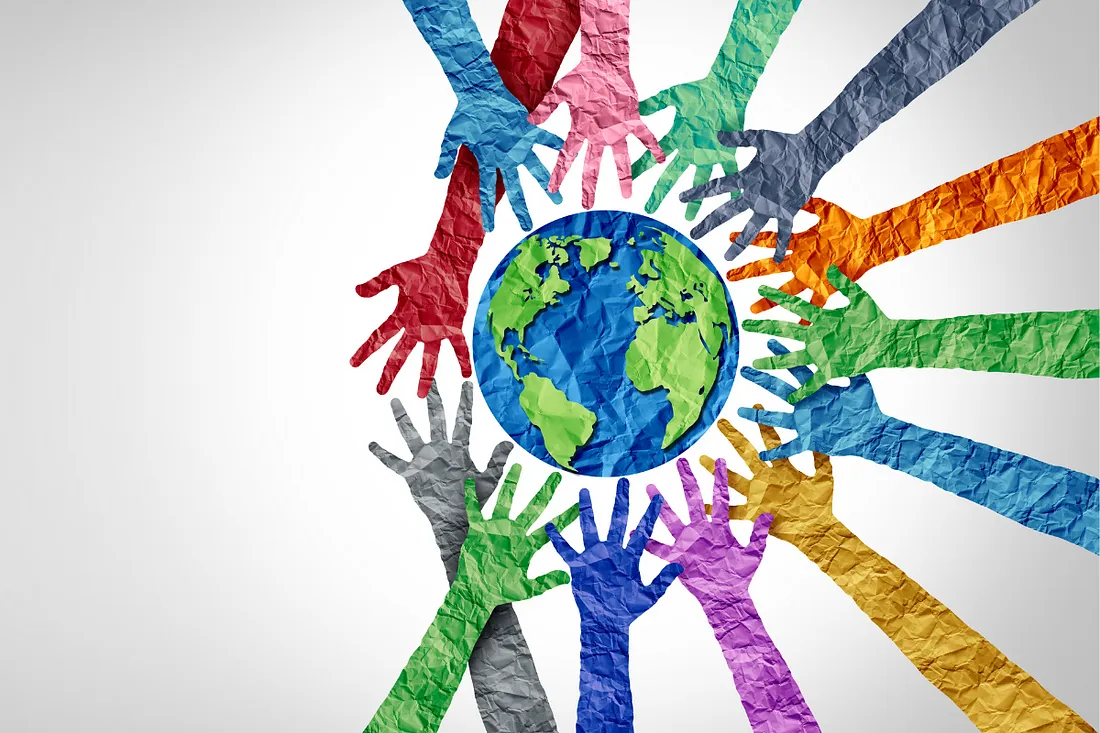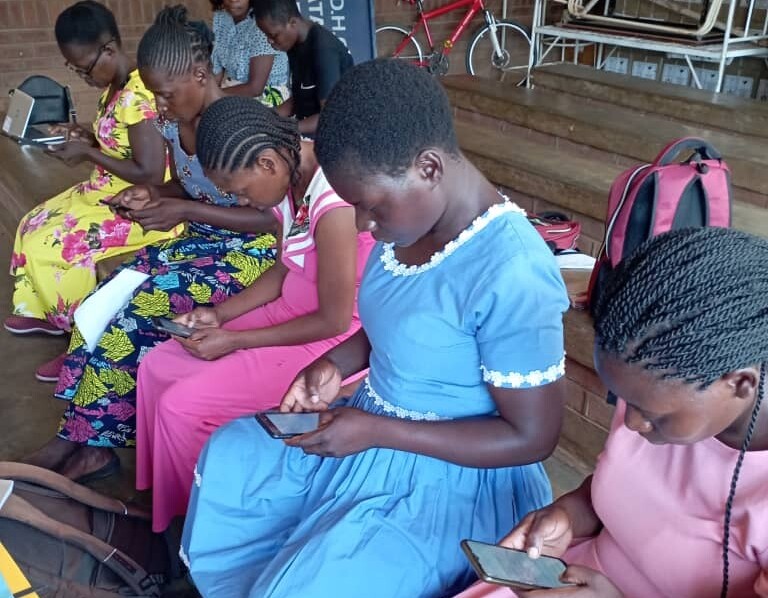This website uses cookies so that we can provide you with the best user experience possible. Cookie information is stored in your browser and performs functions such as recognizing you when you return to our website and helping our team to understand which sections of the website you find most interesting and useful.
News & Stories
Found 305 results
Partner with Us
World Education strives to build lasting relationships with partners across diverse geographic regions and technical sectors to produce better education outcomes for all.

